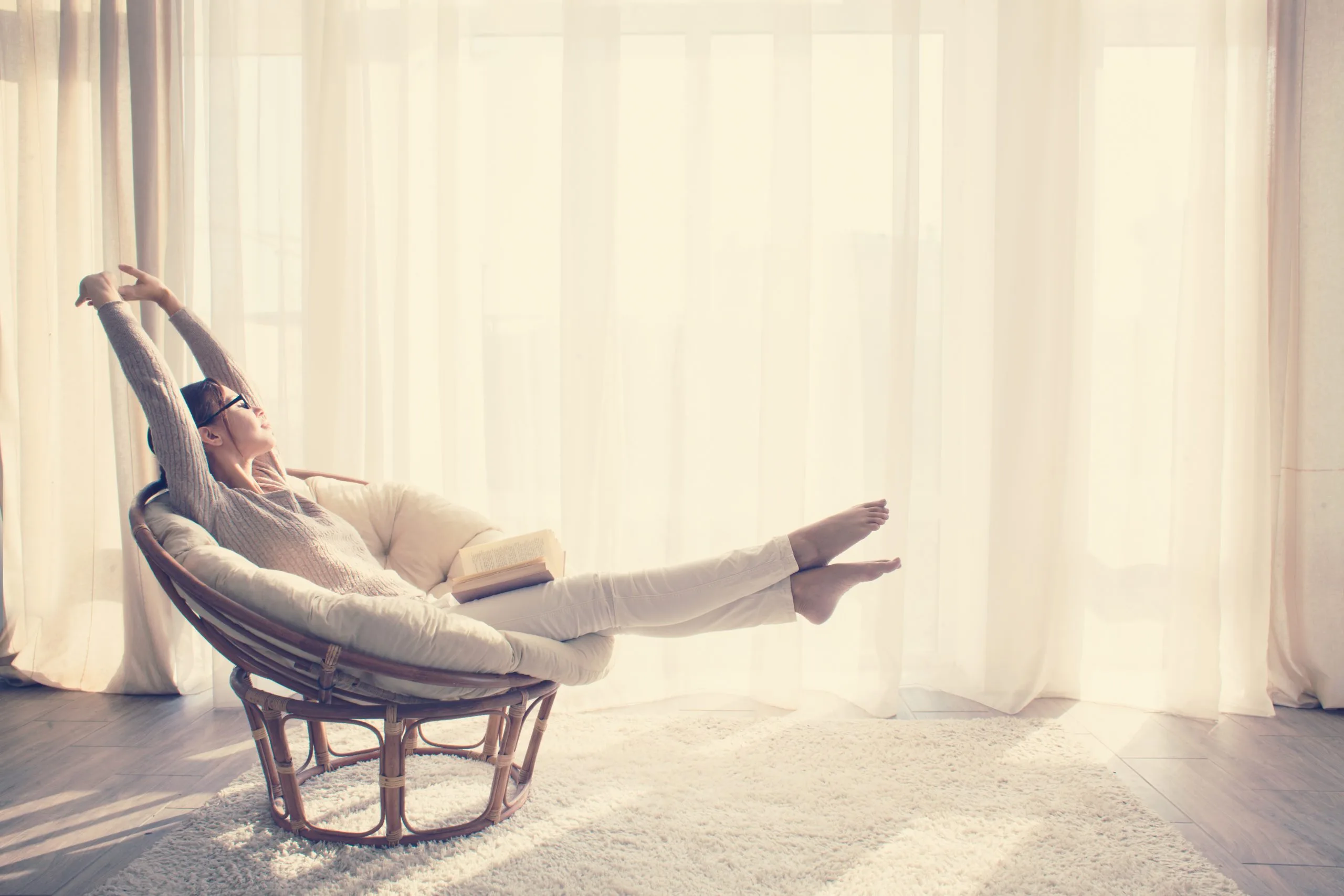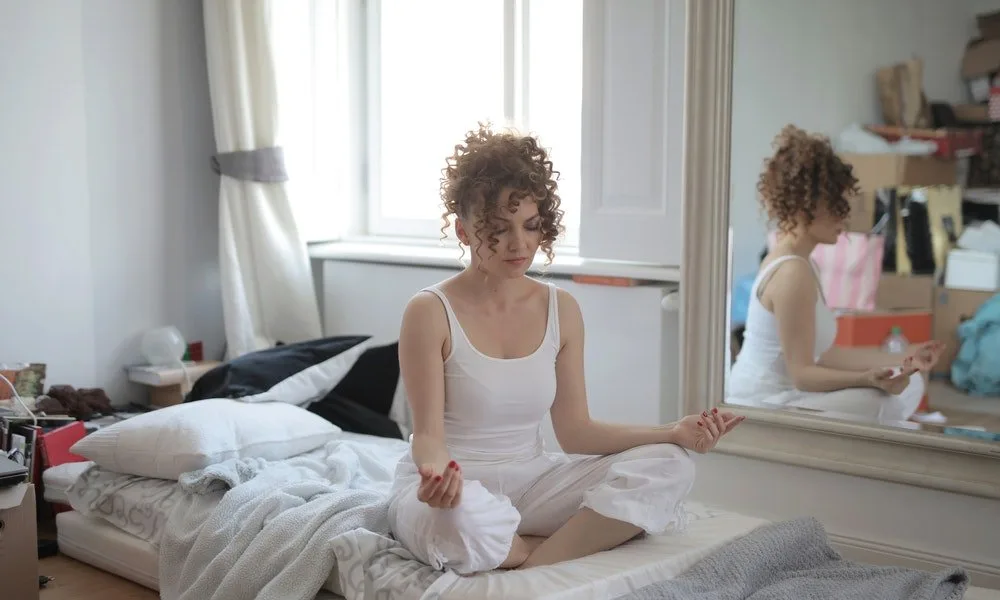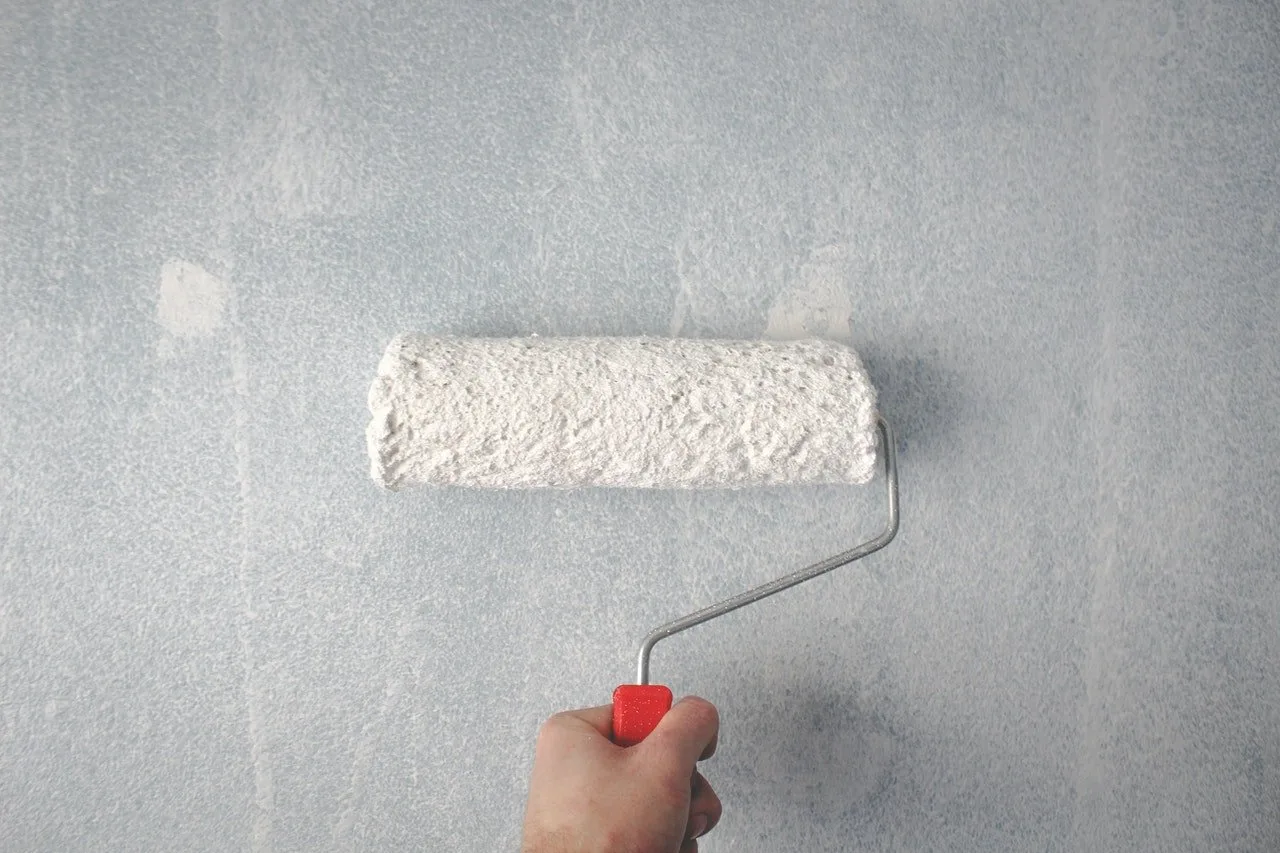Your surroundings reflect you. And you reflect on your surroundings. The surrounding energy eventually contributes to the energy you give out.
For that very reason, experts suggest maintaining a clean and sorted environment if not anything else. As the most basic standard of all, it will set your mind straight and develop a clearer view of things.
Similarly, home décor, which forms a major part of our surroundings at home, also affects our mental health significantly. How so? Let’s unravel.
How Home Decor Affects Mental Health
Clutters & Disorganization

Alena Ozerova/Shutterstock
Loads of stuff stacked in corners, unwashed dishes scattered in the kitchen, and folders piled high on the work bench-do you find any of these scenarios relatable? If so, my friend, your house has undergone extreme disorganization and cluttering.
Indeed, you can never keep things perfect in a house, especially with kids or pets. However, allowing your home to become so disorganized can be bad for both physical and mental health.
Usually, we have cluttered homes because of our never-ending to-do lists, workloads, or simple laziness. Whatever the reason may be, a messy home can knock out all the concepts of peace and calmness from your sweet home. You may just call it a residence.
Perhaps, this is why you should keep on decluttering and organizing your home. Select an area, reduce unnecessary stuff, and clean on a daily basis. It can be merely a 15-minutes activity. There should minimalistic things at home. You should also put things back in their place once work’s done.
But, once you make your home clean, you would feel a rush of happiness flood your mind. Your sleep, productivity, relationships, and emotional status would become a lot better.
Presence of Nature & Greenery
Well, as a part of nature ourselves, the color green, as well as refreshing plants and trees, always seem to soothe us. They bring about a calming effect.
And the existence of this phenomenon happens to be supported by science! Back in the 1980s, a biologist named E.O.Wilson proposed the term Biophilia for the very phenomenon. It stands for the human impulse to seek connections with nature. Plus, natural elements, such as plants, have a positive impact on physical and mental health.
Hence, it is highly recommendable to enrich the four boundaries of your home with green plants, daylight, and free-flowing air.
A lot of us choose to ignore this simple fact, but colors have a crucial impact on our mindsets and feelings. Primary colors with longer wavelengths are stimulating colors. These function to elevate or decrease certain emotions in us.
For example, red brings out our angry, hyper, and energetic side. Meanwhile, yellow shines a light on our happier selves.
On the other hand, the secondary colors with shorter wavelengths are soothing. These colors won’t bring out any specific aspect, though they would impose a generic feeling on you. Such as blue washes over us a sea of calmness and serenity.
So, when choosing a color for home décor, be wise and vigilant. Select colors that enhance the purpose of the room and are better for mental health.
Appropriate Temperature & Lights
The lightning and temperatures at home also have a great impact on our mental well-being. Usually, homes that have lots of windows and ways to let in natural light give us a feel of openness.
Sunlight entering our homes makes us feel refreshed and energized. It somewhat reconnects us with nature too. Thus, it is important to allow as much sunlight as possible.
There is no need to cover it all with long draperies and curtains. Keep home décor simple and minimalistic.
Apart from this, the temperature has a notable effect too. For example, hot and humid temperatures make us feel agitated. We become angry and upset quickly.
Installing air cooling systems and smart ceiling fans at home can make the temperature stable. You can prevent all heat build-up. It makes the atmosphere more relaxing. And, it enhances sleeps and reduces anxiety levels.
Arrangement of Furniture
When arranging furniture, we often make a huge mistake. We try to achieve a state of perfect symmetry and alignment in the room. And this, in turn, brings about a packed-up look to the room, and it feels crowded even with minimal furniture. Consequently, over time, we develop feelings of stress and suffocation.
Hence, we need to prioritize balance over symmetry. Leave more open spaces and prefer central placements. These bring about a sense of spatial awareness, liberating the mind from negative thoughts and energy. Also, it is always a great idea to keep changing the position of furniture now and then. It always gives off a feeling of renewal and refreshment!

stockfour/shutterstock
Want to know more?
It can be hard to maintain a work-life balance when you’re working from home. If this is something you can relate to, here are 11 Tips To Maintaining A Healthy Work From Home Life.






![women [longevity live]](https://longevitylive.com/wp-content/uploads/2020/01/photo-of-women-walking-down-the-street-1116984-100x100.jpg)










